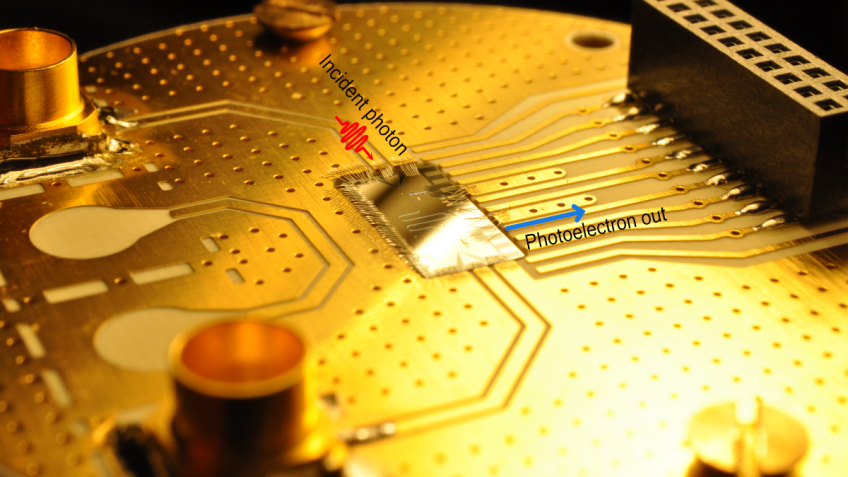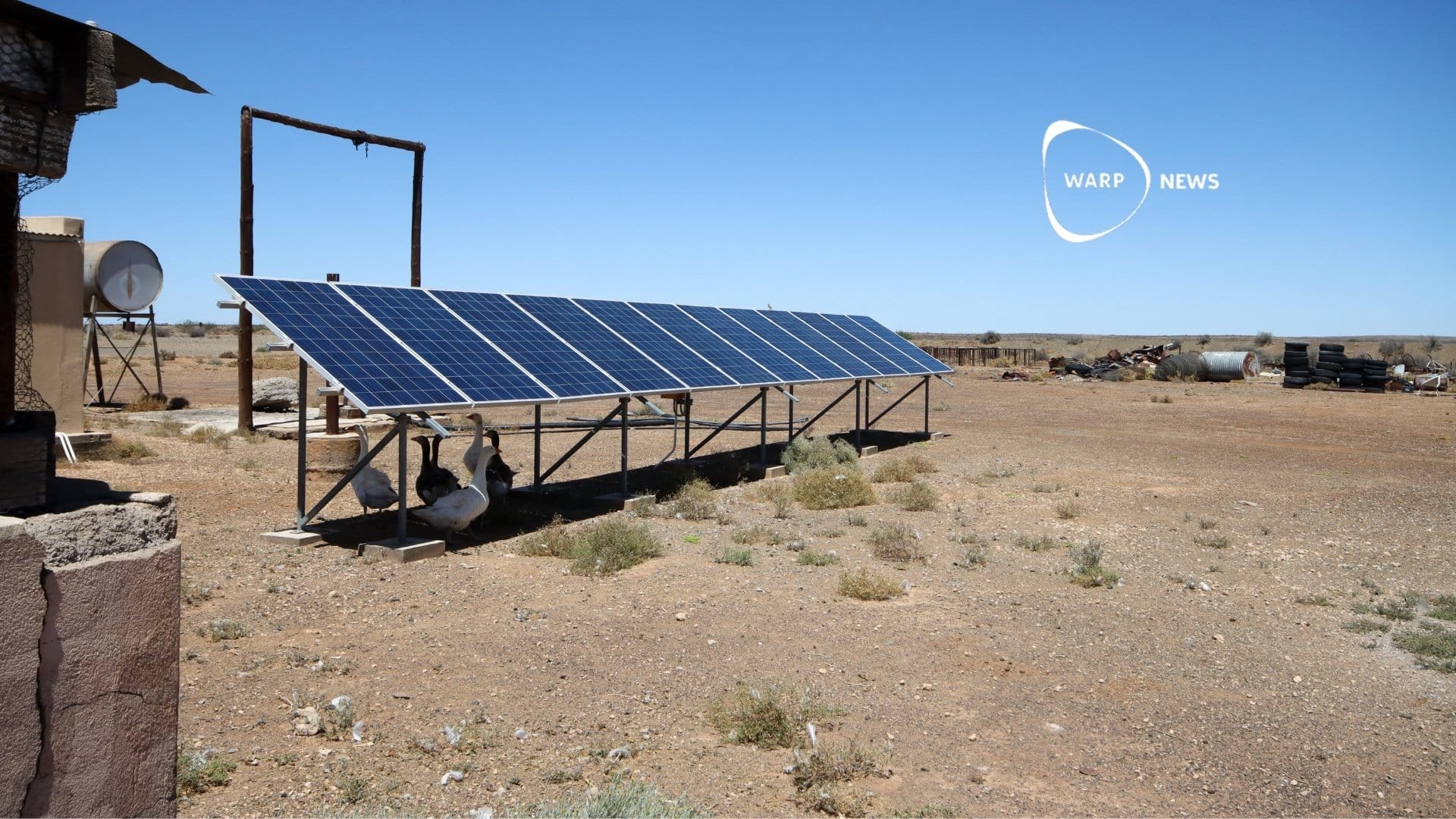
🌊Microwaves might give us better quantum computers
A new ultra-sensitive detector can enable microwave photons to be used by quantum computers, which can accelerate the development of future quantum computers.
Share this story!
Microwaves are primarily something we associate with heating food in the microwave oven in our kitchens, but they can also contribute to the revolution in quantum computers. So states the research group from Lund University who just carried out a successful experiment with so-called microwave photons.
The researchers have succeeded in constructing a detector using semiconductor nanowires and the nanowires are key to the success.
"It is thanks to the nanowires that we have managed to detect photons continuously by converting them into a measurable current of electrons. This means that the detector does not need to know when the photons arrive, something that is often required in the microwave detectors that exist today", says Ville Maisi, physics researcher at Lund University and one of the researchers behind the experiment, in a press release.
To be able to be used in quantum computers, the photons need to be converted into electrons. There are already detectors that can do that, but microwave photons have only a ten-thousandth as much energy as ordinary photons and are very difficult to detect.
"In order for communication between the components of a quantum computer to be possible, it must be possible to detect individual microwave photons with great efficiency. Our experiment shows a completely new way of doing this", says Peter Samuelsson, physics researcher at Lund University.
In the experiment, the researchers were able to show that six percent of all photons were converted to electrons. A good start, but the researchers want to go even further.
"Our theoretical analyzes show that we can achieve close to one hundred percent efficiency by refining the experiment. We hope that our results will be the starting point for the development of ultra-sensitive detectors that can be used in a number of technological fields", says Peter Samuelsson.
By becoming a premium supporter, you help in the creation and sharing of fact-based optimistic news all over the world.


